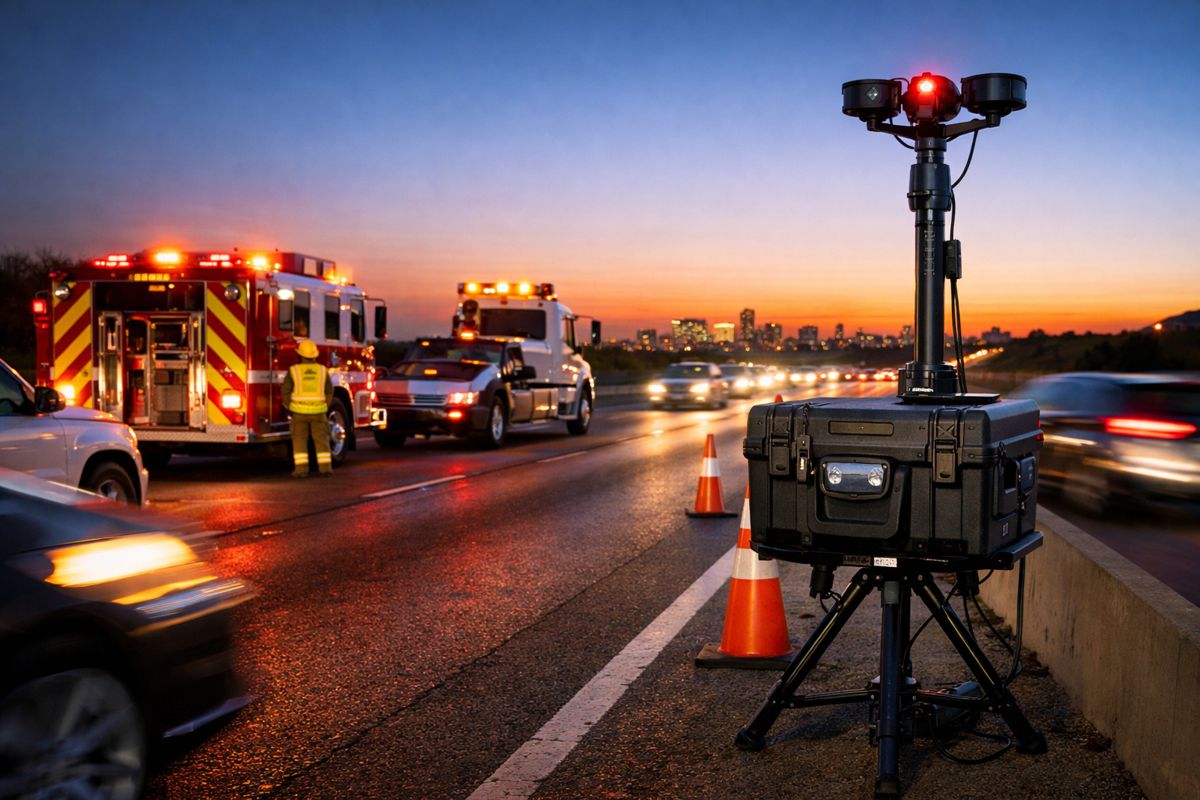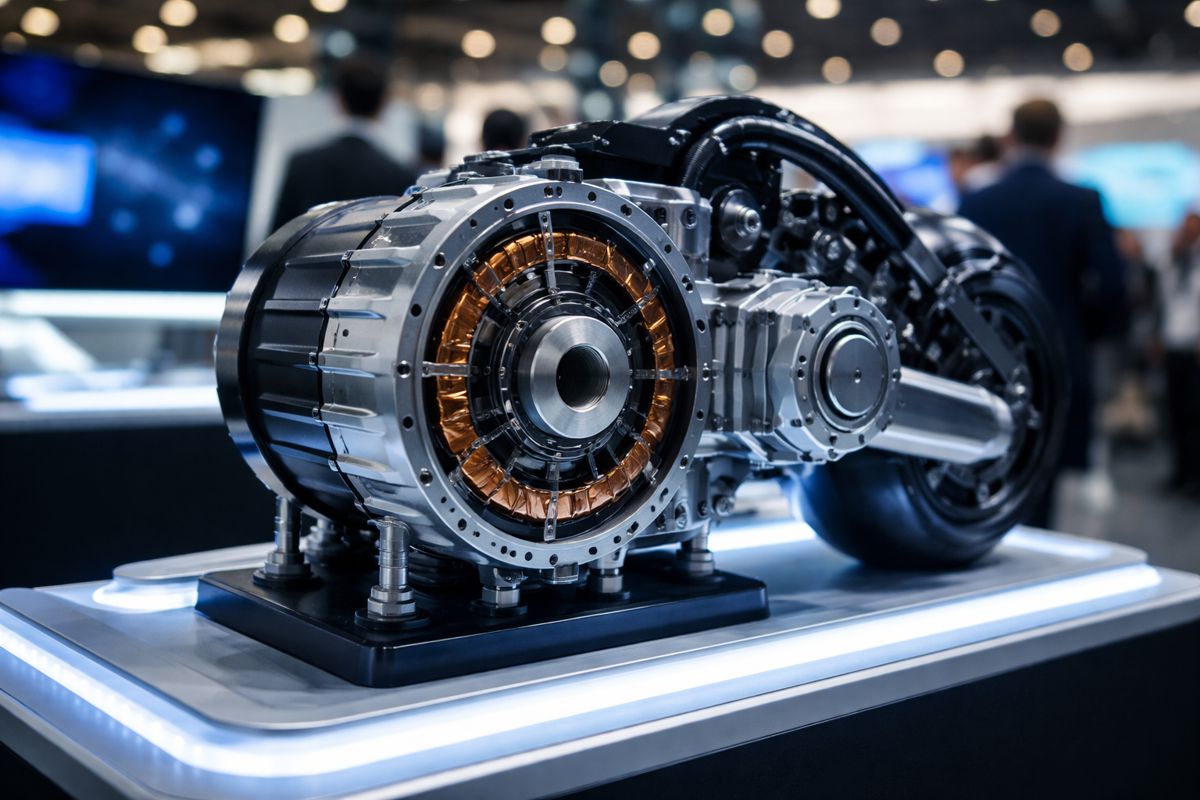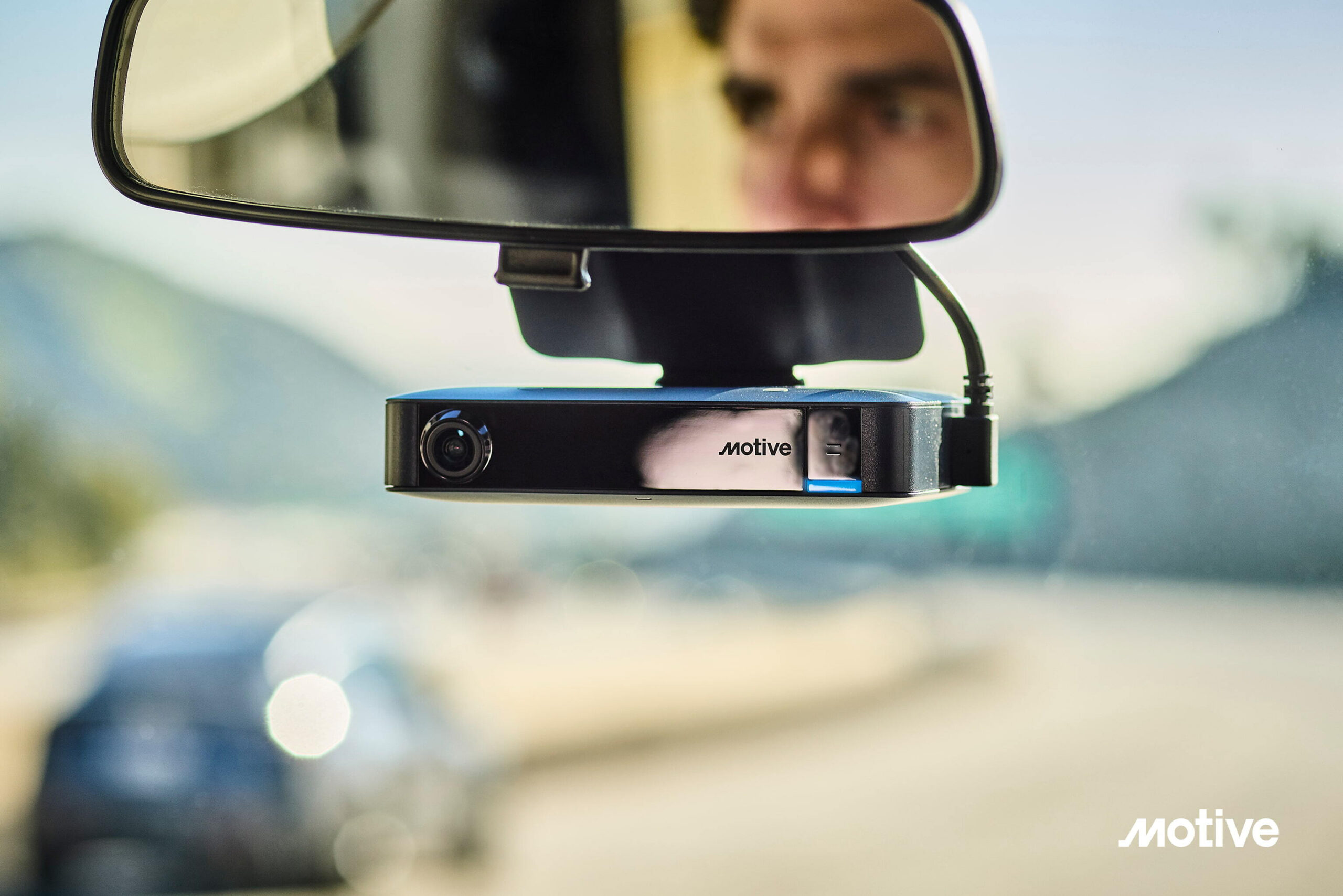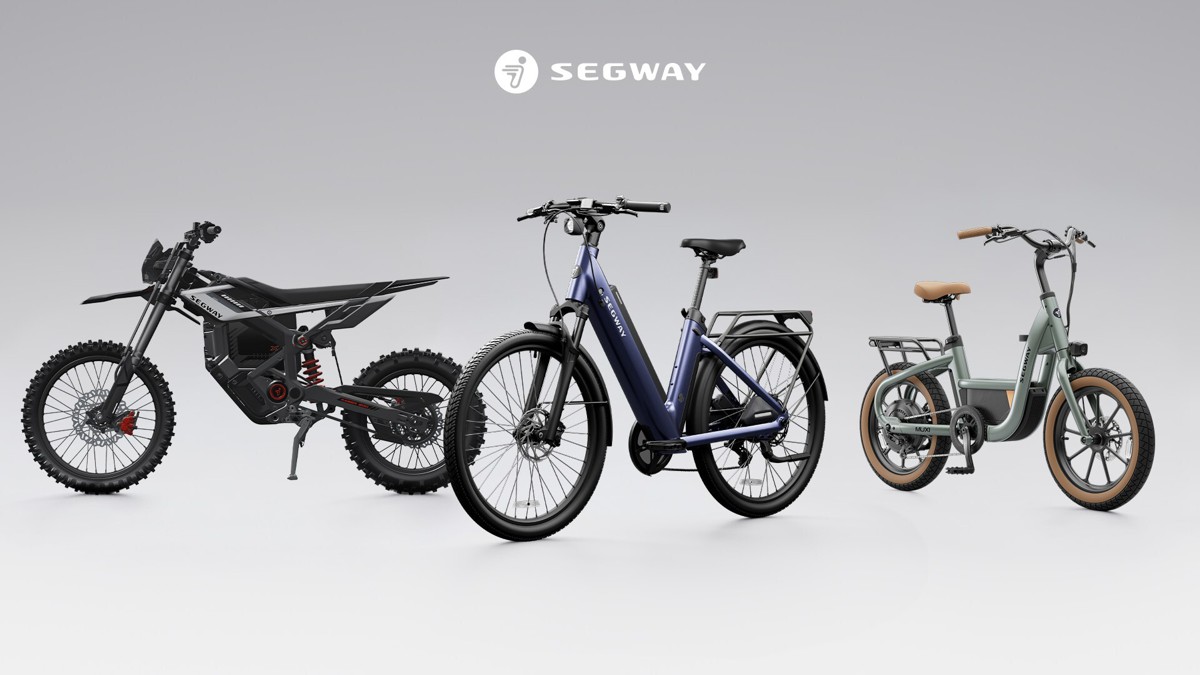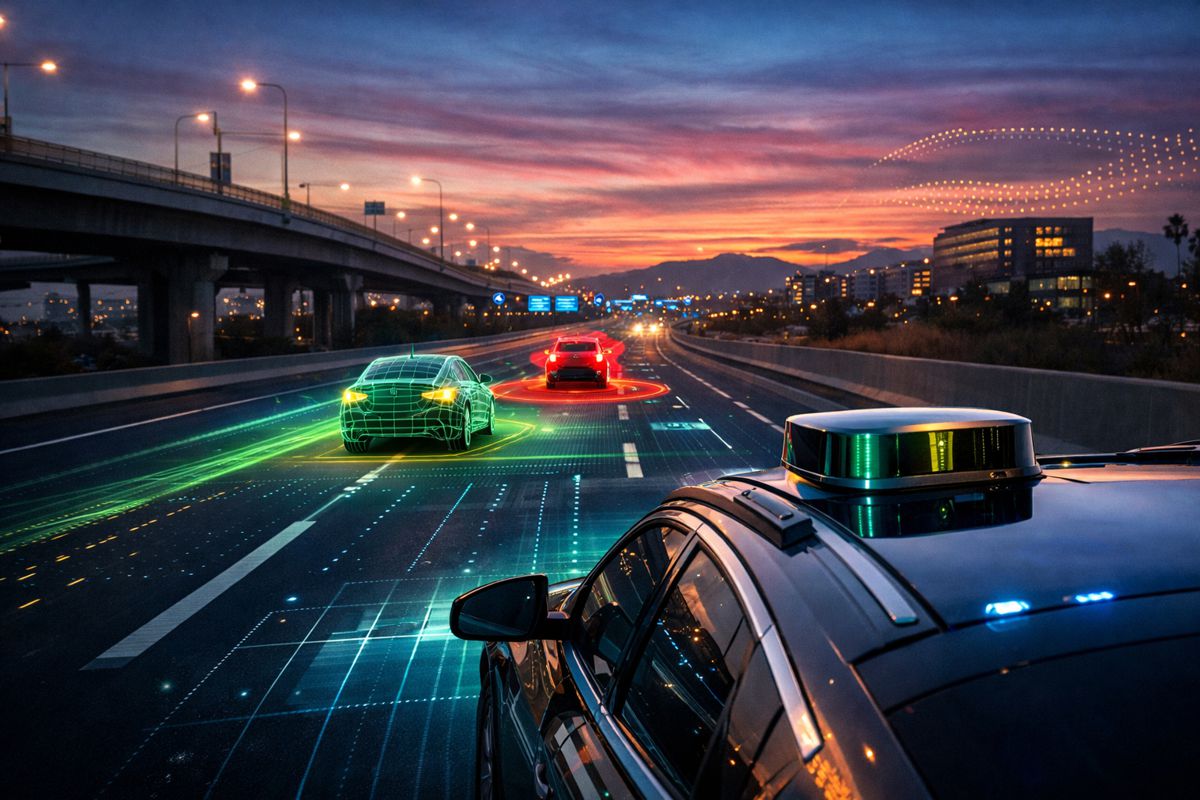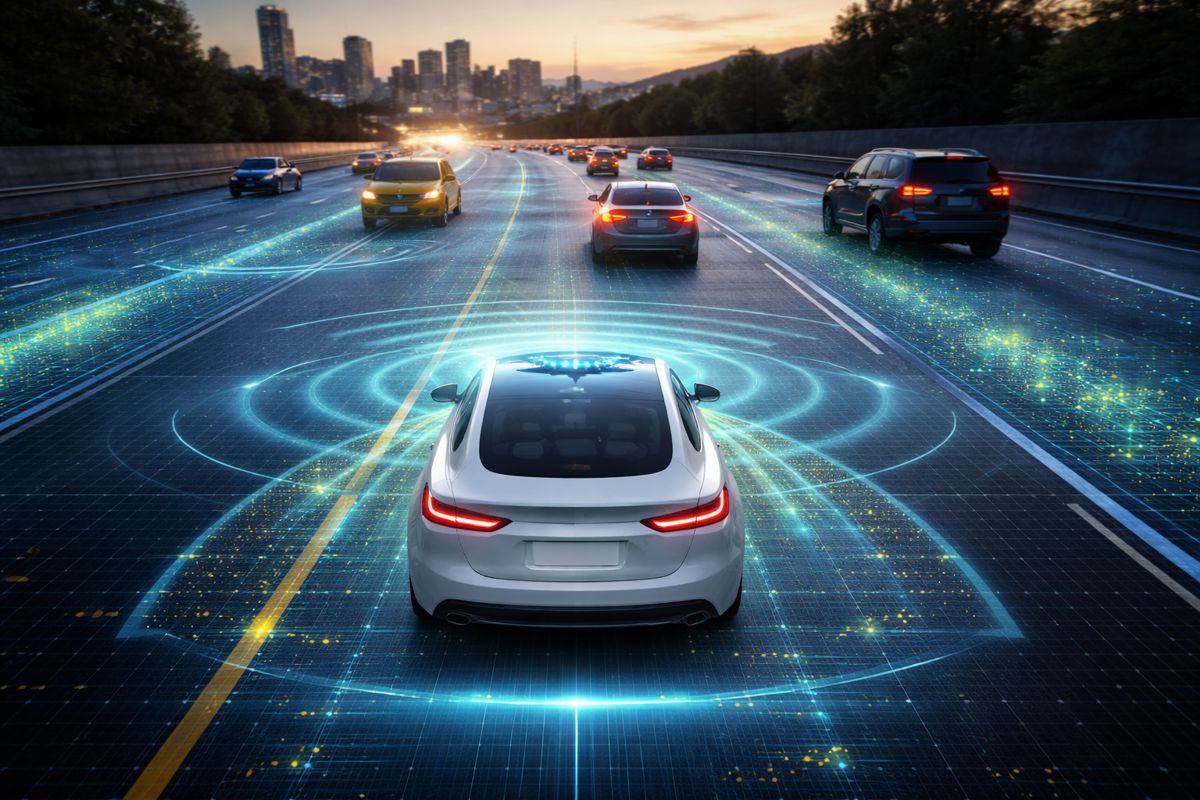Grounded Unveils a New Era of Modular Emergency Command Centre EVs
When emergencies strike, communities rarely get second chances. Whether it is a coastal storm threatening thousands, a wildfire roaring through rural terrain or a public health team delivering critical outreach, mobility and resilience decide who gets help and when.
Grounded, the Detroit-based electric vehicle innovator founded by former SpaceX engineers, has now stepped into that high-stakes arena with the launch of the C1, a breakthrough platform that blends sustainable mobility with mission-critical performance.
The company has positioned the C1 as the world’s first hybrid mobile command centre designed specifically for government, municipal and non-profit fleet deployment. Built on Harbinger’s commercial-grade electric truck chassis and available as both an all-electric model and a plug-in hybrid variant, the C1 promises long-range flexibility, rapid deployment and tailored mission interiors for frontline teams.
Grounded’s Chief Executive Officer Sam Shapiro framed the launch within a broader evolution in public service mobility: “Expanding into government and healthcare fleets is a natural evolution for Grounded. Today’s public safety, disaster response and public health teams need more payload, more range and more flexibility than smaller platforms can deliver. The C1 is our answer – it’s an electrified powerhouse that delivers sustainability without sacrificing mission readiness.”
Bridging mobility gaps for frontline services
Across the United States, emergency response systems are adapting to climate-driven disasters, extreme weather and expanding health equity programmes. As agencies prioritise decarbonisation without compromising performance, demand is growing for battery-electric platforms capable of extended missions.
The C1 aims to bridge that gap. Unlike smaller electric vans with limited duty cycles, this vehicle has been engineered to handle multi-day deployments, continuous power demands and rapid reconfiguration.
Its core mission sets include:
- Public safety and command operations for major events, multi-agency responses and severe weather deployments
- Mobile healthcare supporting municipalities and non-profit medical partners delivering screenings, vaccinations and preventative care
- Disaster relief and humanitarian support during floods, wildfires, power outages and community displacement events
This multi-role capability speaks to shifting expectations in public safety technology. The Federal Emergency Management Agency (FEMA) and U.S. Department of Health and Human Services have highlighted the need for rapidly deployable mobile units in recent national preparedness frameworks, often emphasising innovations that reduce diesel dependency.
Real-world functionality under pressure
Mission success rarely hinges on technology alone. Comfort, layout and ergonomics play an increasingly important role in first-responder fleets, particularly during disaster operations where crews work around the clock.
Grounded’s Chief Product Officer Nadia Meyer underscored that focus: “For long shifts in the field, durability alone isn’t enough. Design matters too. Human-centred design for the C1 puts intuitive systems and ergonomic layouts first, enabling responder comfort, endurance and the ability to act faster when it matters most.”
The C1 achieves this by pairing electric-first propulsion with a petrol range extender, along with roof-mounted solar and an auxiliary battery to keep mission systems online during extended deployments. Fleet intelligence comes via the Grounded+ app, which offers remote diagnostics, energy monitoring and predictive maintenance.
Connectivity, another critical variable in emergency infrastructure, comes courtesy of integrated Starlink satellite communications, enabling secure, high-speed data links even in remote environments.
Equally important is safety. Front pedestrian braking, lane-keeping support and parking assist help protect both operators and communities, aligning with emerging U.S. National Highway Traffic Safety Administration (NHTSA) fleet guidelines.
Warranty support includes Harbinger’s 8-year/100,000-mile platform coverage and Grounded’s own interior warranty, backed by nationwide service availability.
Modular interiors for mission-ready deployment
Every crisis is different, and the C1 caters to that reality with three base configurations:
- C1 Core for compact municipalities requiring essential command and medical capability
- C1 Advanced for regional agencies needing expanded interior capacity, greater onboard power and hybrid flexibility
- C1 Pro for full-scale command environments or turnkey clinical operations with maximum range and advanced communications
This modularity follows a wider trend in public-service fleet design. The U.S. market for mobile medical units, for example, has grown steadily since the pandemic, with hospitals and non-profit networks investing in mobile mammography, mobile diagnostics and vaccination vehicles. According to the Mobile Health Map research initiative, community-based services delivered via mobile clinics can generate nearly 12 dollars in value for every dollar invested due to improved health outcomes and preventative care.
A platform built on electrification leadership
Grounded’s technology stack draws on deep engineering roots. Founded by SpaceX alumni who cut their teeth scaling complex manufacturing systems, the company builds software-defined electric vans that sit on some of North America’s most advanced EV chassis.
The C1 leverages Harbinger’s commercial-grade electric platform, a system developed by EV, battery and drivetrain specialists to meet medium-duty fleet needs. Harbinger’s approach emphasises durability, serviceability and total-cost-of-ownership parity with petrol and diesel fleets. Its platform compatibility with CCS charging networks, and expanding access to Tesla Superchargers, pushes fleet electrification beyond depot-only models.
Support from Hendrickson, another long-established commercial vehicle supplier, reinforces the C1’s backbone. Hendrickson’s century-long legacy in heavy-duty suspension, axle systems and ride technology underpins much of the U.S. commercial transport sector, adding pedigree to Grounded’s ambitions.
SEVNA, a composites and specialty EV partner noted for its work with Detroit’s automotive majors, also plays a role, demonstrating the growing intersection between aerospace-grade design and practical commercial mobility.
Looking ahead to public launch
The C1 will debut publicly during Climate Week NYC on 24 September 2025, hosted at Newlab in the Brooklyn Navy Yard. This timing aligns with global conversations on climate resilience, transportation decarbonisation and the future of emergency logistics.
Orders are open, with shipments expected to start in Q2 2026. Pricing will vary based on configuration and mission fit.
A future shaped by resilience and innovation
Electric mobility is no longer simply a sustainability story. In emergency response, healthcare access and government operations, cleaner power trains are increasingly linked to resilience, energy security and lower operating risks.
Grounded’s C1 enters the market at a pivotal moment. As climate events intensify and cities confront infrastructure vulnerabilities, demand will grow for vehicles capable of staying on the front line longer and operating with minimal downtime.
With aerospace-inspired engineering, hybrid range flexibility, modular builds and intelligent fleet management, the C1 may well signal the next evolution of public-sector mobility.
Driving forward with purpose
The story of the C1 is not just about electrification. It is about giving communities the tools to respond when it matters most and building a transport ecosystem ready for a changing world.
For municipalities, non-profits and agencies looking to modernise mobile infrastructure without compromising reliability, Grounded’s latest platform sets a compelling benchmark.









